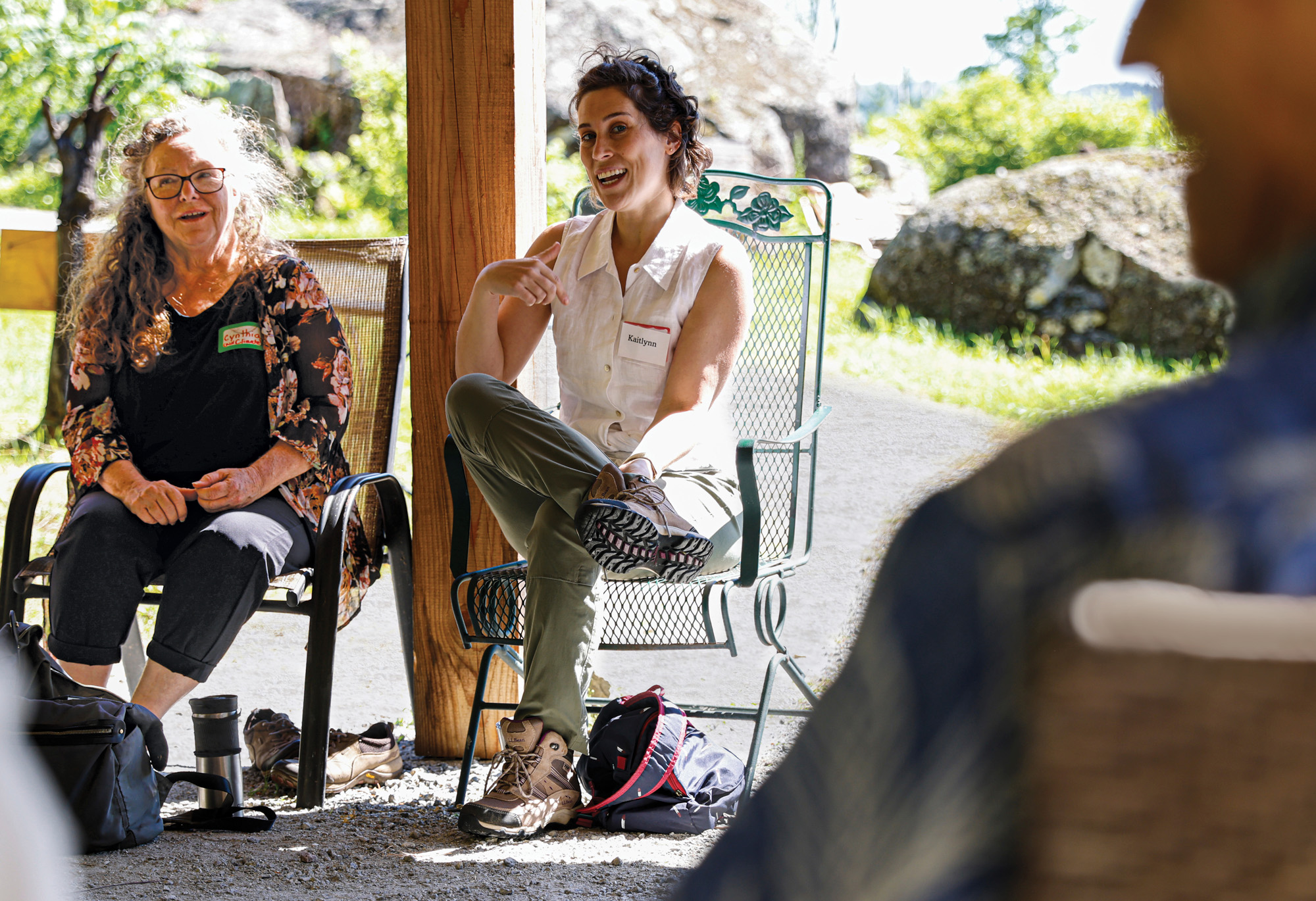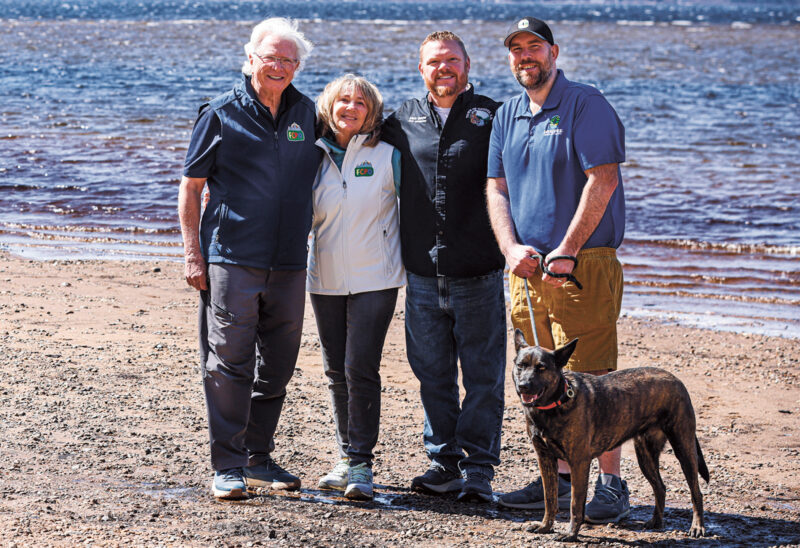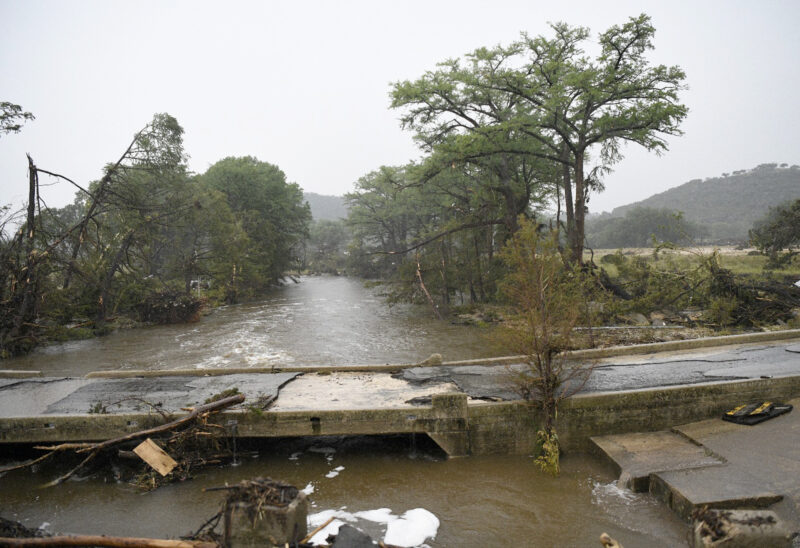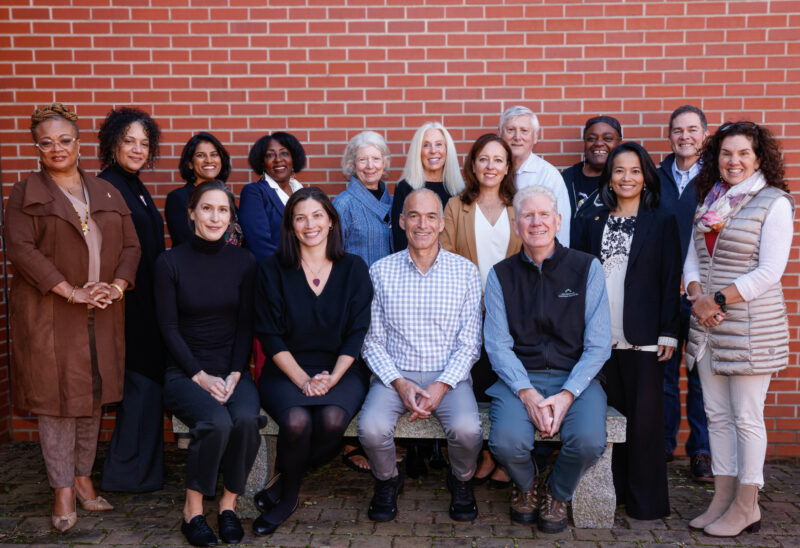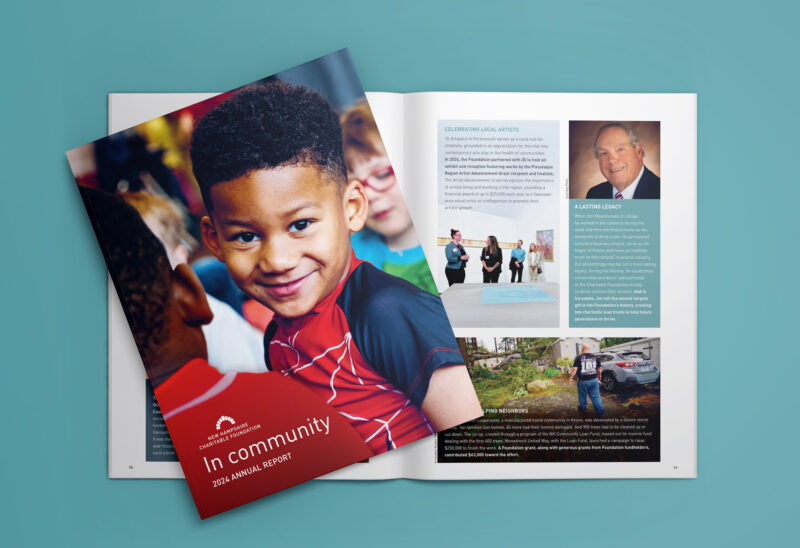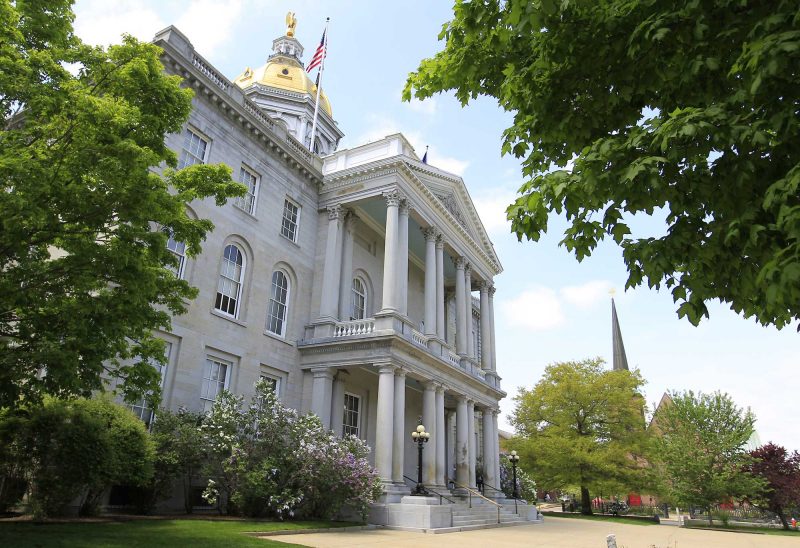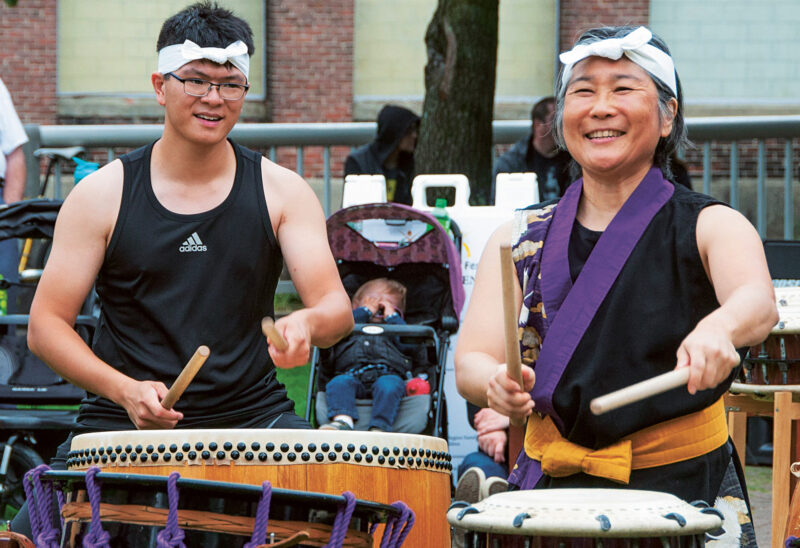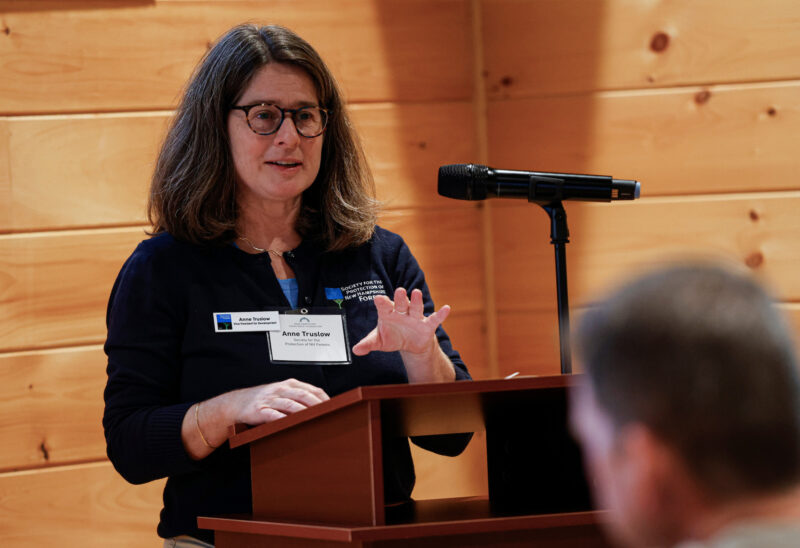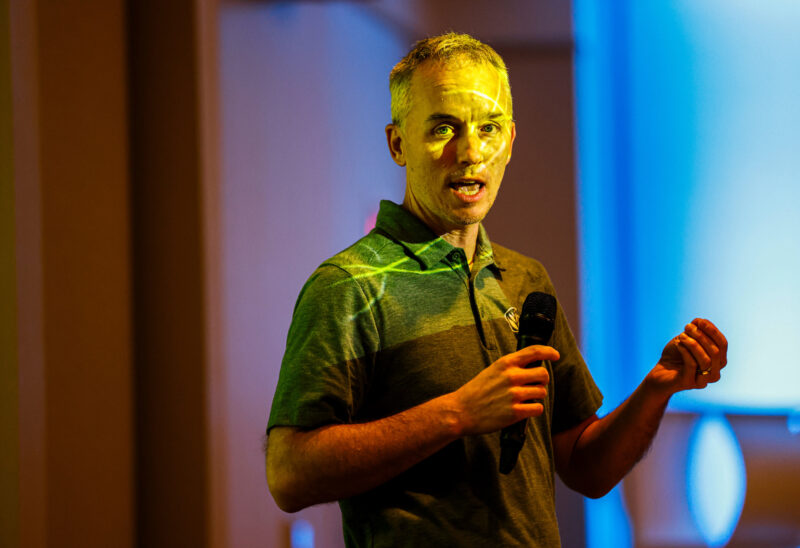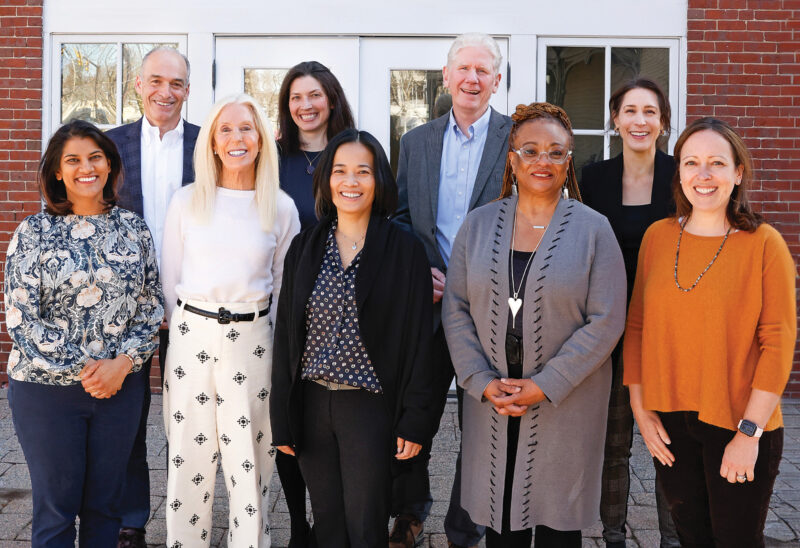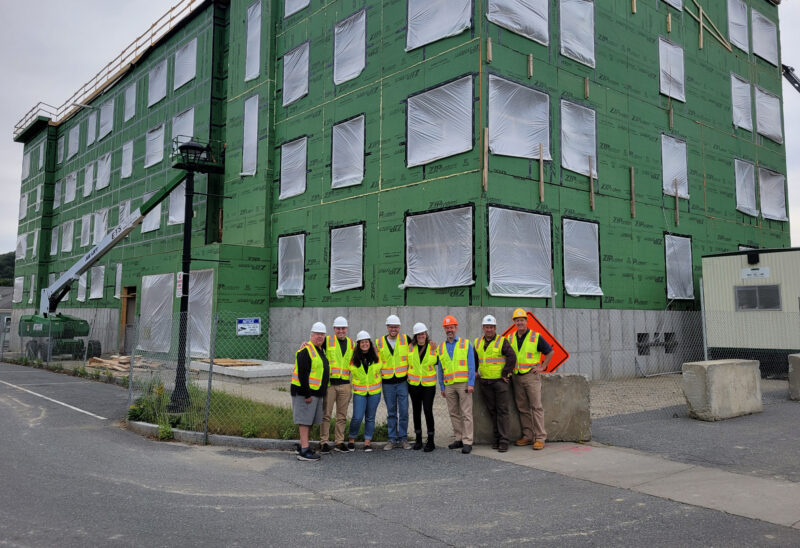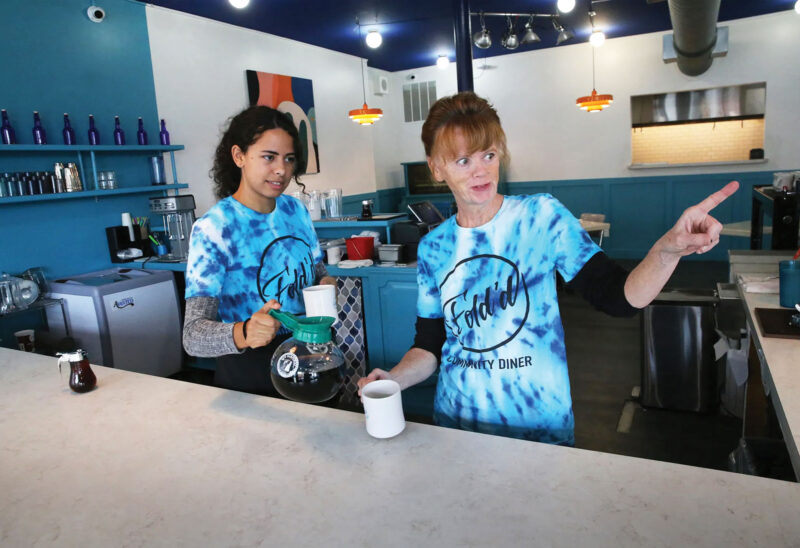Dr. Thomas Walsh, a pediatric resident, has just finished a long shift. Among his patients: A child in intensive care with inflammation of the heart, a rare condition associated with late-stage Lyme disease.
“It’s treatable, but scary,” Walsh said. “We are seeing tick-borne illnesses all the time.”
Ticks, relatively rare in New Hampshire just a generation ago, have marched steadily north with the warming climate — bringing along a panoply of frightening diseases.
Tick-borne sickness is just one of the many climate-related dangers that health care workers are seeing affecting their patients. Childhood asthma is exacerbated by the changing climate. After a catastrophic flood, Walsh had trouble following up with a young patient because the family had been displaced by the severe weather. And, he said, climate change is having a palpable effect on children’s mental health.
All of those things led Walsh to join NH Healthy Climate, a nonprofit founded in 2021 (originally known as New Hampshire Healthcare Workers for Climate Action). Now, Walsh is not just treating the effects of the crisis. He is also acting alongside fellow health-care workers to mitigate that crisis.
NH Healthy Climate works to educate and mobilize people in support of climate solutions to improve health. It provides continuing education for health care workers and programming for children and adults, and advocates for legislation to address the climate crisis.
At a recent “Climate Café,” children learned about frogs while parents and caregivers discussed climate anxiety, asthma, the shocking pace of climate shifts. They also discussed solutions: policies to change, promising strategies to embrace, actions to take.
Top medical journals and organizations have named climate change as the single greatest threat to public health. People in low-income communities and in coastal areas, plus the very young and the very old, are most at risk.
As a pediatrician, Walsh feels a particular urgency.
“The same way health care workers advocated against tobacco use, and the same way we advocate for access to health care, we should want and support things that are best for our patients,” he said. “We owe it to them to protect the environment so it is a healthy place for them to grow up in.”

